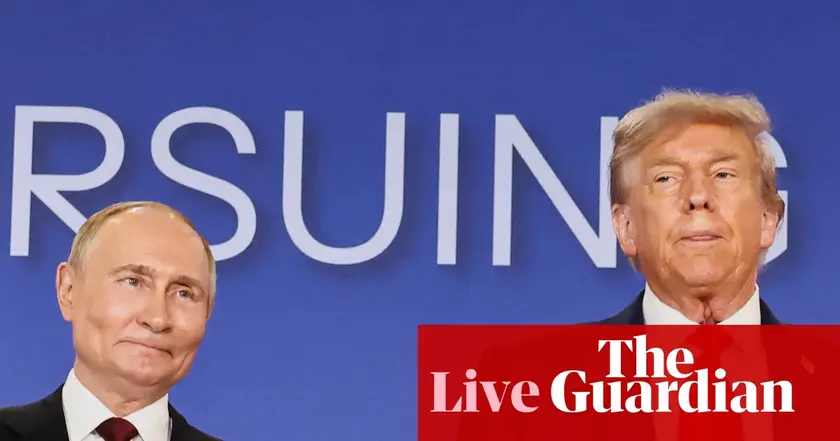T4K3.news
Ceasefire talks face headwinds
Zelenskyy says Russia’s refusal of a ceasefire complicates efforts to end the Ukraine war after a Putin-Trump meeting.
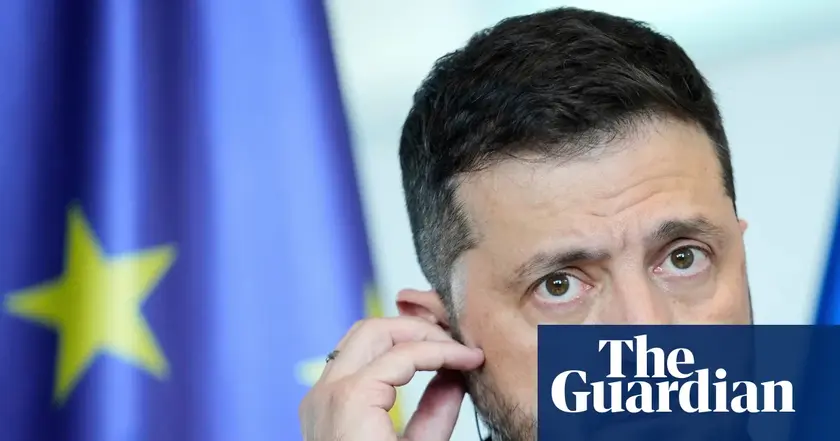
Zelenskyy says Russia’s refusal of a ceasefire complicates efforts to end the war as diplomacy continues in Washington.
Zelenskyy cites ceasefire stalemate blocking peace deal in Ukraine war
President Zelenskyy said Russia’s rejection of a ceasefire makes it harder to reach a peace deal after talks between Vladimir Putin and Donald Trump produced no agreement. He warned that the move could delay a durable settlement and complicate efforts to stop the fighting.
European officials and Kyiv allies worry that moving straight to a political settlement without a ceasefire could tilt the balance in Moscow’s favor. They have pressed for preconditions tied to security guarantees and the preservation of Ukraine’s territorial integrity as part of any framework. Nordic and Baltic leaders reaffirmed support for Ukraine and called for ceasefire terms and clear security assurances as the basis for a durable peace.
Other developments included reports that eight pages of U.S. planning documents for the Washington summit were left in a hotel printer in Anchorage, a sign of the sensitive logistics surrounding high-stakes diplomacy. Putin’s Alaska visit was described as useful and timely by Russian officials, while Lavrov held calls with Turkey and Hungary to discuss the talks' trajectory.
Key Takeaways
"This complicates the situation."
Zelenskyy on Russia's refusal to ceasefire
"Russia is a very big power, and they’re not."
Trump on negotiating with Moscow
"Robust and credible security guarantees are essential to any just and lasting peace."
Nordic-Baltic leaders on peace framework
"No limitations should be placed on Ukraine’s armed forces or on its cooperation with other countries."
Nordic-Baltic leaders on security guarantees
Diplomacy in this moment hinges on a simple choice that NATO allies and Kyiv have long argued for: a real ceasefire before any broad peace mechanism. Russia’s reluctance to halt strikes shifts leverage toward Moscow in any negotiation, raising the risk that a final deal could be framed as a reconciliation of positions rather than a true end to hostilities. The Trump administration’s apparent readiness to discuss security guarantees, alongside European backing for such guarantees, signals a broader, if fragile, international consensus. Yet the episode also exposes how fragile back-channel diplomacy can be when public expectations collide with political positioning at home and abroad.
The absence of a clear path to a ceasefire could feed public frustration in Ukraine and among allies who want concrete steps, not open-ended talks. At the same time, the leak of planning documents underscores the tension between transparency and the strategic need to protect sensitive negotiations. The balance between hard deadlines and flexible diplomacy will define the next phase of the war talks.
Highlights
- Ceasefire is the bridge to a lasting peace
- A big power cannot set the pace of peace
- Leaked plans reveal the clockwork of talks
- Security guarantees test the durability of any agreement
Backlash risk in peace talks
The article touches on sensitive political negotiations and potentially controversial proposals that could trigger backlash at home and abroad. Leaked documents and bold statements risk fueling political controversy as leaders navigate between public demands and private diplomacy.
Diplomacy stays in play even as the war drags on.
Enjoyed this? Let your friends know!
Related News
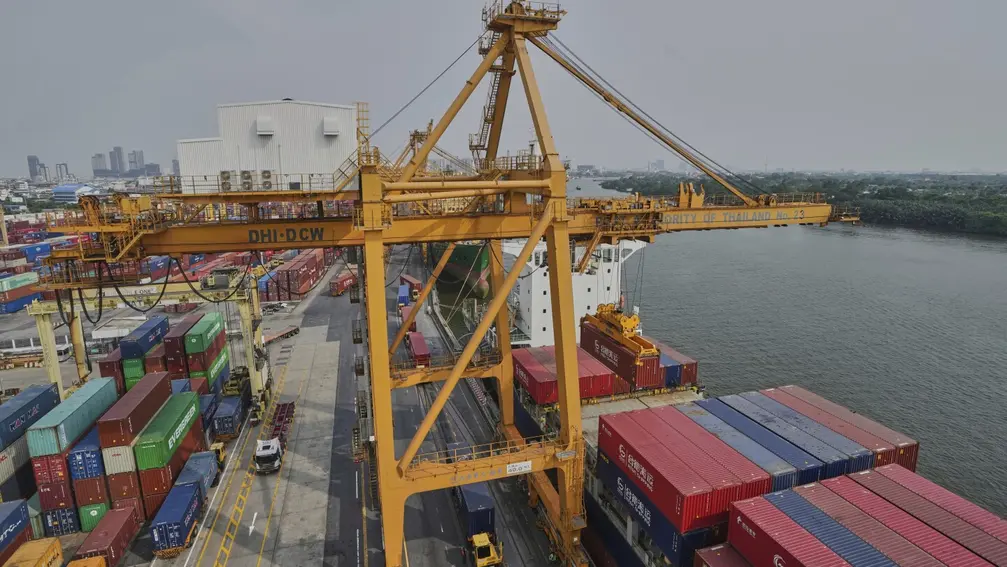
Countries react to Trump's new tariffs
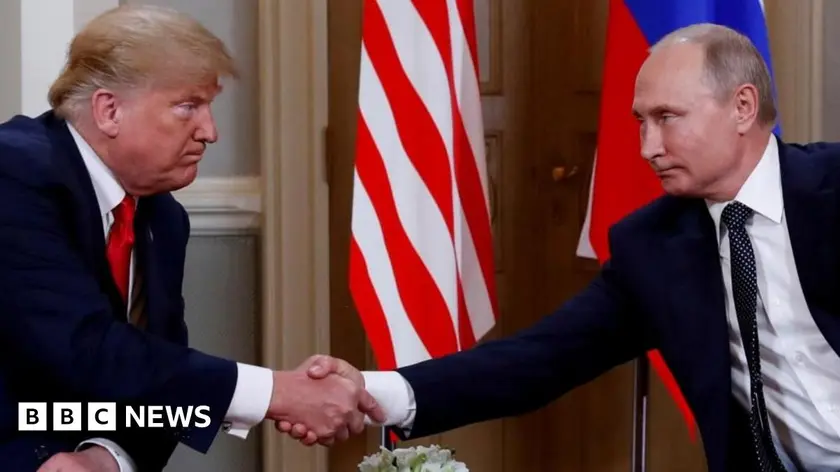
Trump to confirm Putin meeting after ceasefire deadline
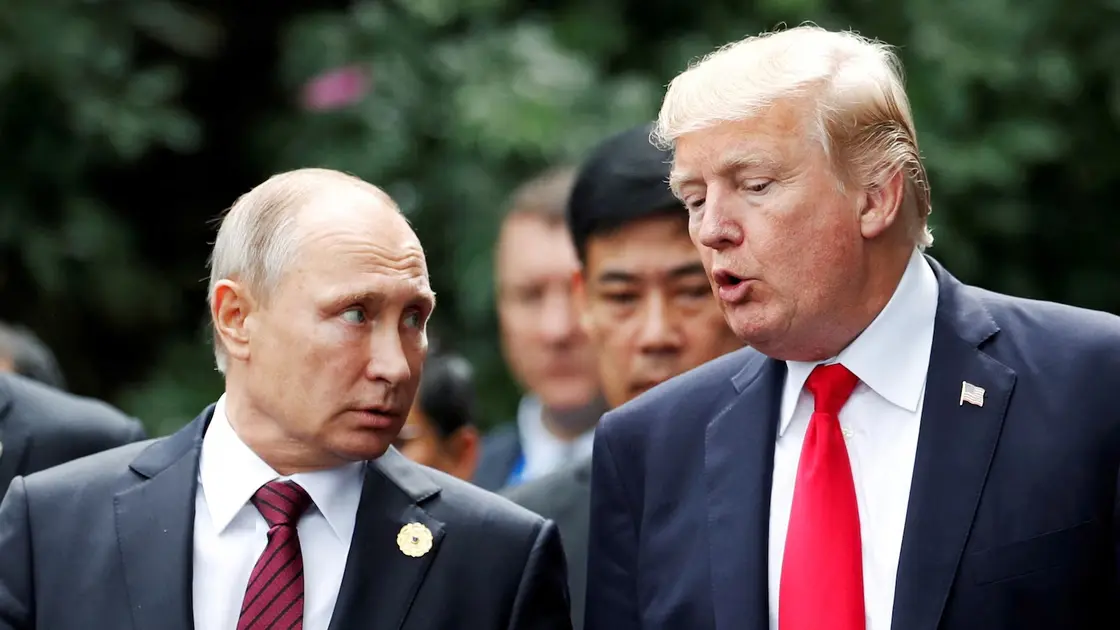
Trump to meet Putin in Alaska
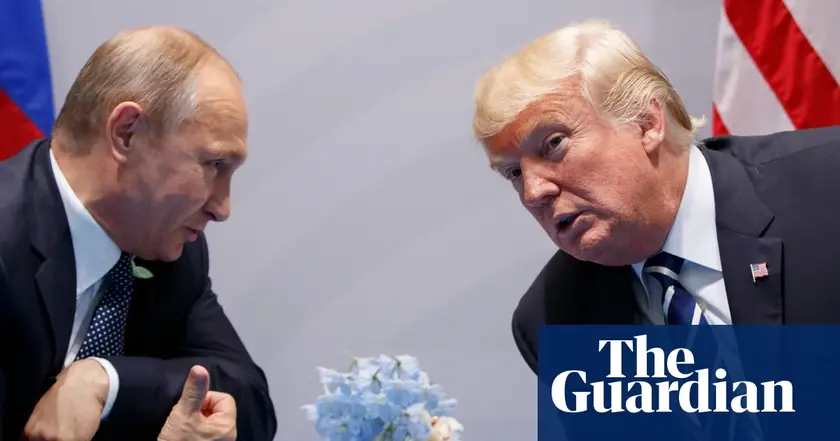
Trump Putin Alaska summit stirs Ukraine worries
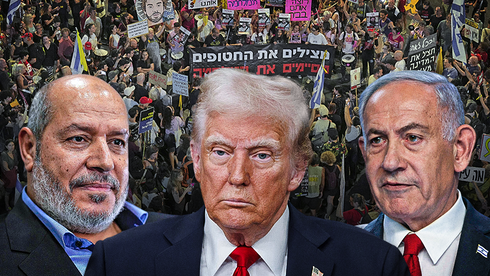
Israeli official states no deal with Hamas is imminent

Gaza on verge of running out of therapeutic food for children
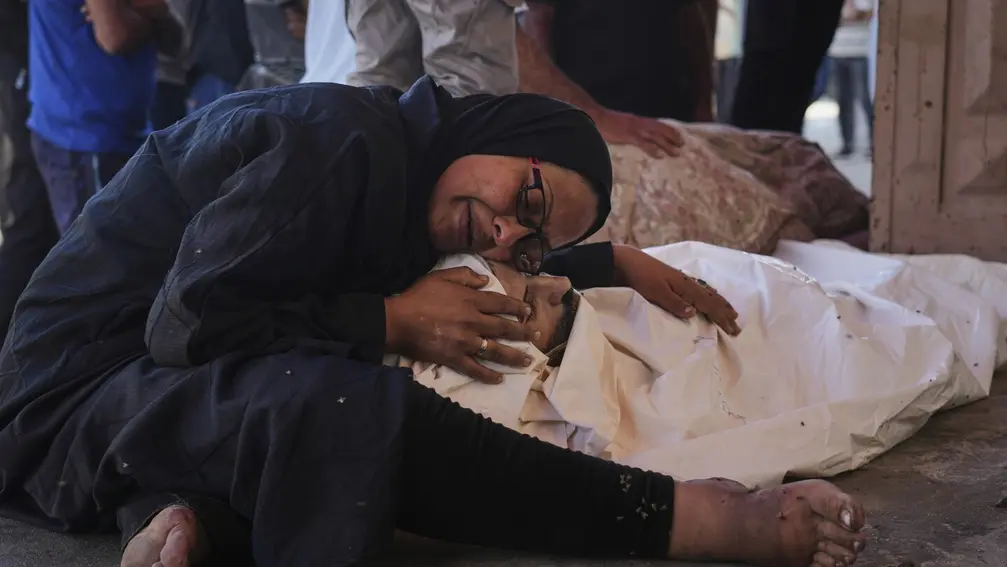
Gaza journalists face starvation as conflict continues
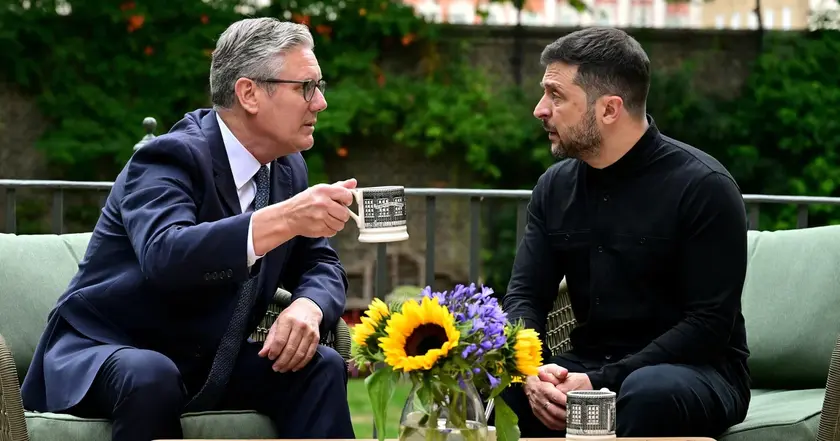
Ukraine faces high stakes ahead of alaska summit
